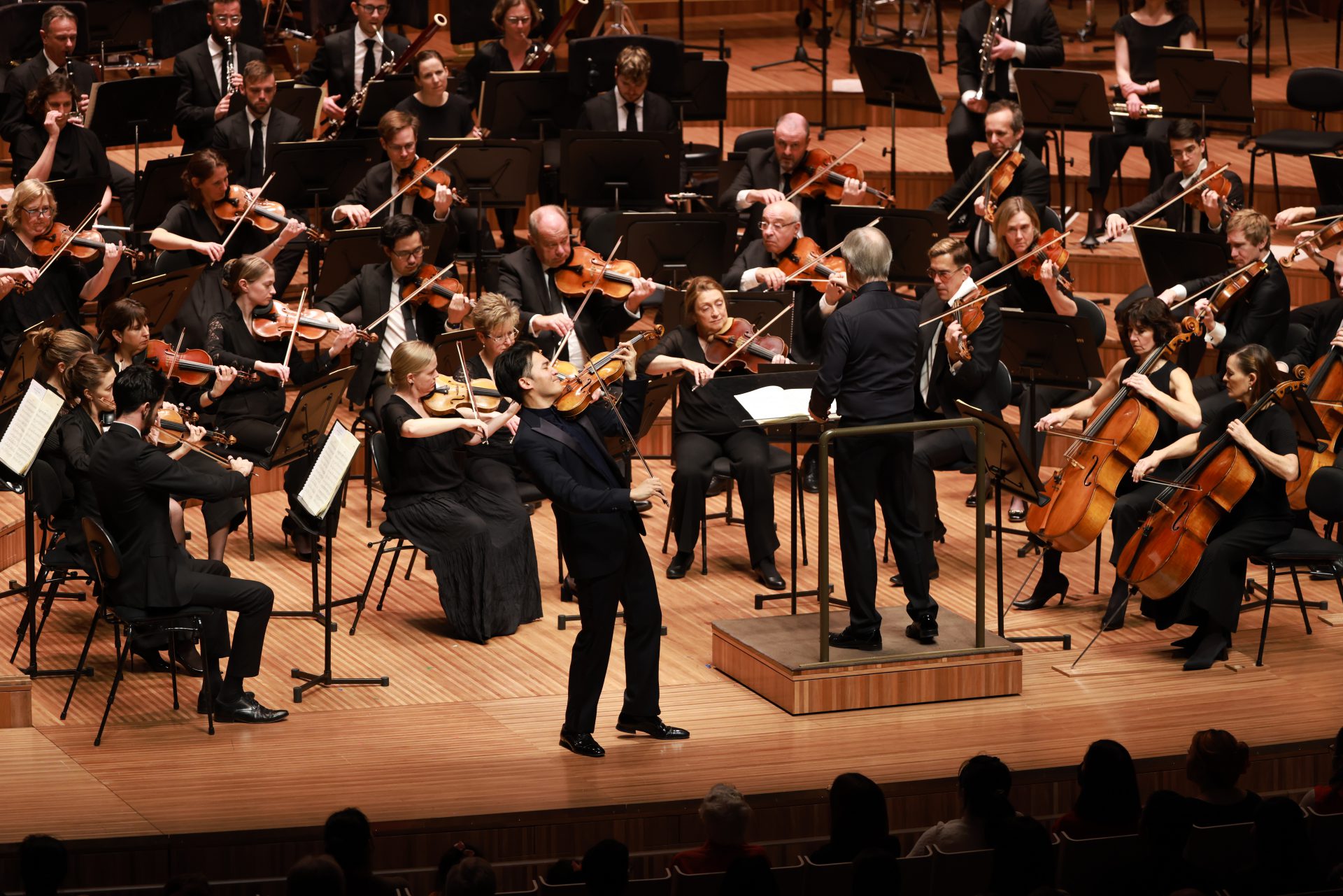It is not often that Australia gets to snatch back a musical superstar of its own making.
This concert was one such rare occasion. A virtuosic violinist with a far-reaching media presence, this concert showed why Ray Chen has inspired in all generations a love for classical music.
Alice Chance’s Through Changing Landscape is another fitting example of local talent. The work is centred on a sustained tone, reinforced whimsically throughout by flutes and clarinets in turn. But a sustained static pitch as a motif need not be boring. Chance did not resort to a low drone, but to a higher and sweeter effect with more variety. The skilfully built-up crescendos gave the impression at times that the music washed over the vast audience in dramatic waves, and it is altogether remarkable that such a young composer could produce a work that is so developed.
To say that Tchaikovsky’s Violin Concerto in D is no mean feat is to make a devastating understatement. The orchestral introduction, executed superbly by the Sydney Symphony Orchestra, and Chen’s impassioned cadenza that followed gave a sense of what was to follow. The Allegro moderato wavers incessantly between a romantic calm and the most Russian of melodramatic climaxes. The many iterations of the movement’s cantabile theme were a great opportunity for Chen to show off the remarkable song-like quality of his playing, with its affected hyper-vibrato. Then came the virtuosic scales, dizzying arpeggios, double and triple stopping and extended trills. It is hard not to get chills when the orchestra breaks out into dramatic declarations of that deliciously Arabesque main theme.
None of these qualities were lost in the final movement, even after a half-hour exercise in sheer virtuosity. Chen drew laughs with the whimsical switch from bowing to pizzicato. It reflected the entire ethos with which he approached this work – exhilarating energy, a lively sense of humour, but all with a quiet confidence.
Rapturous applause brought on an encore. Chen treated the audience to a series of well-thought-out improvisations on the theme of Waltzing Matilda. The variations traversed the extremities of the fingerboard, the variety of emotions, and the ranging sonorities of the violin – from ethereal to guttural. Here was musicianship at its finest.
The second half featured Carl Nielsen’s Symphony No 5. This is not music that endears itself to every audience. Its style is experimental and its mood introspective. It seems a meditation on the effects of war, composed as it was in the aftermath of World War I. It is therefore no surprise to read on the back cover of the score the words ‘dark, resting forces, alert forces’. The persistent rattle of a snare drum can be heard throughout, as though rallying the forces of the orchestra to battle, and a mystical effect is given when Rebecca Lagos continues the drumming backstage.
This was truly a world class concert.
